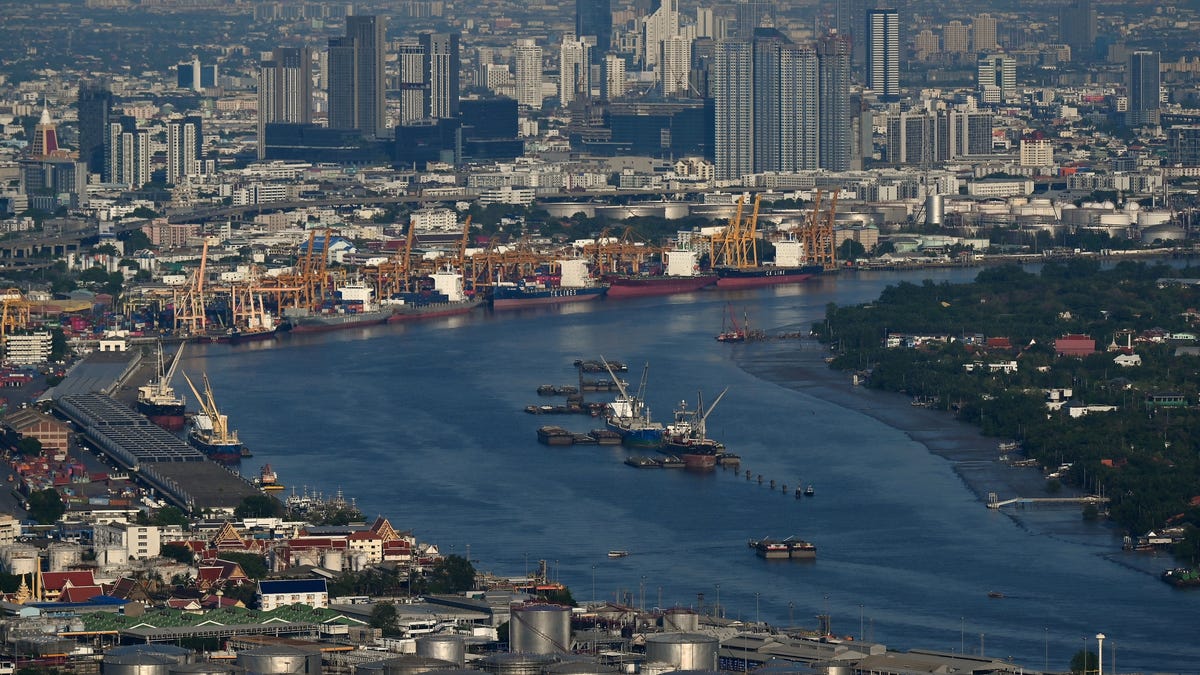BANGKOK, April 4 (Reuters) – A Thai court issued an arrest warrant for an American academic on charges of insulting the monarchy, a rare use of the country’s “lese majeste” law against a foreigner, according to a document reviewed by Reuters on Friday.
The army filed the charges, including violations of the computer crimes act, against Paul Chambers, a lecturer at Thailand’s Naresuan University, and the arrest warrant was issued on Monday, according to the document, a letter sent by police to the university informing it of the move.
Reuters verified its authenticity with a police source and Chambers’ lawyer, Wannaphat Jenroumjit, from Thai Lawyers For Human Rights, who said Chambers would report to police in Phitsanulok, northern Thailand, on Tuesday.
The police source said the charges related to an article that Chambers posted online last year. Wannaphat said she did not know the reason for the charges.
Thai police declined to comment, and the U.S. embassy did not have any immediate comment. A spokesperson for the Thai government did not immediately respond to a request for comment.
Thailand has one of the world’s harshest lese majeste laws, setting jail terms of up to 15 years for anyone convicted of defaming, insulting or threatening King Maha Vajiralongkorn and his close family.
Since student protests began in 2020, calling for abolition of the law and for discussion that had been off-limits in the country for decades, 278 people have been charged under the law, according to data compiled by Thai Lawyers for Human Rights.
Some foreigners have been jailed on lese majeste charges in the past, but the vast majority have been Thai.
Veteran Bangkok-based human rights activist Phil Robertson, director of Asia Human Rights and Labour Advocates, called the move “an astonishing and outrageous assault on academic freedom that will have a serious chilling effect on international studies in Thailand”.
“The Thai government claims it wants to be a regional leader in education, but then it takes this kind of ill-advised step that will drive away international researchers and lecturers,” he said.
(Reporting by Panu Wongcha-um and Panarat Thepgumpanat; Writing by Poppy McPherson; Editing by Raju Gopalakrishnan and William Mallard)
